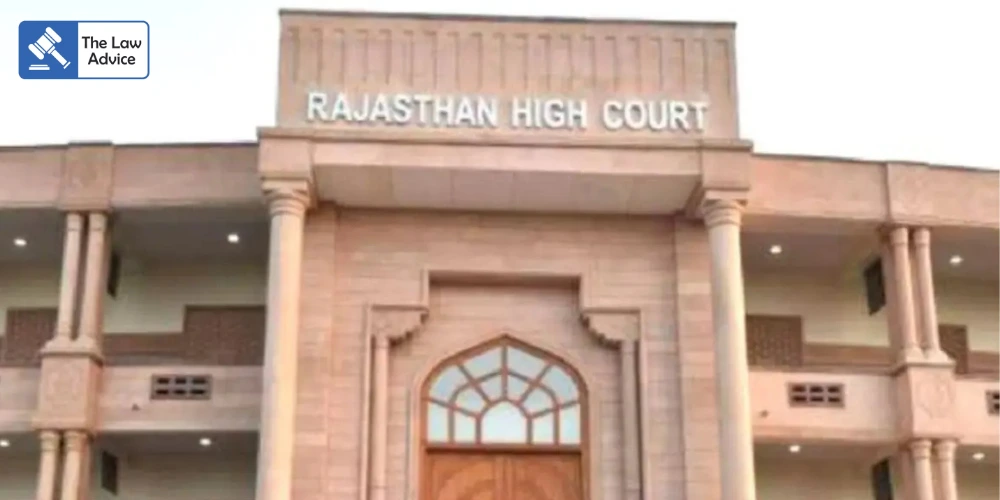
In a strongly worded judgment, the Rajasthan High Court has taken the State Government and the State Election Commission to task for failing to conduct elections to urban local bodies within the constitutionally mandated timeline. The Court said that the delay amounts to a violation of democratic principles and undermines the spirit of local self-governance guaranteed under the Constitution of India.
Justice Anoop Kumar Dhand, while dismissing a group of writ petitions filed by former Sarpanchs who had later been made Chairpersons of Municipal Boards, expressed concern that democracy at the grassroots level was being substituted with bureaucratic control.
The Court highlighted that Article 243U of the Constitution of India, along with Section 7 of the Rajasthan Municipalities Act, 2009, clearly prescribes a fixed tenure of five years for every Municipality. It further mandates that elections must be held before the expiry of this tenure or within six months of dissolution.
However, the Court noted that instead of ensuring timely polls, the State Government appointed Sub-Divisional Officers (SDOs) as Administrators of the Municipalities after the expiry of the petitioners’ term in January 2025.
Justice Dhand observed:
“SDOs are continuing to function as Administrators of Municipalities, which is in clear violation of the constitutional mandate. There is no provision under the Constitution or under the 2009 Act which permits Municipalities to function without elected representatives beyond their five-year term. Yet, bureaucrats continue to hold charge, defeating the very essence of democratic governance.”
The petitioners were elected as Sarpanchs in 2020. The following year, their Gram Panchayats were merged into Municipal Boards, after which they were designated as Chairpersons.
Upon completion of their five-year tenure in January 2025, the State Government issued a notification dated 22.01.2025, appointing SDOs as Administrators of these Municipalities. The petitioners challenged this move, alleging discrimination, pointing out that under a separate notification dated 16.01.2025, outgoing Panchayat Sarpanchs had been allowed to continue as Administrators of their respective Gram Panchayats.
The Bench rejected the petitioners’ plea of discrimination, holding that Municipalities and Panchayats are two distinct constitutional entities governed by separate statutes. While the Panchayati Raj Act, 1994 permits wider discretion in appointing Administrators, the Municipalities Act, 2009 specifically restricts the appointment to government officers.
Accordingly, the Court upheld the Government’s decision to appoint SDOs as Administrators in Municipalities, while clarifying that no such provision exists allowing former elected representatives to continue in office beyond their tenure.
While dismissing the petitions, the High Court nevertheless issued a stern reminder to both the State Election Commission and the State Government, holding them accountable for failing to discharge their constitutional duty. The Court said that timely elections are the lifeblood of democracy, and any delay erodes public faith in the system of local self-governance.
Justice Dhand stressed that democracy cannot be kept in abeyance simply because the authorities failed to perform their roles:
“Democracy at the grassroots level cannot be permitted to be replaced by bureaucratic administration. Local bodies exist to represent the will of the people, and such substitution is wholly unconstitutional.”
The High Court ultimately dismissed the petitions filed by the former Sarpanchs-turned-Municipal Chairpersons, declaring them to be devoid of merit. However, the Court’s strong observations serve as a warning to the Election Commission and State Government that the sanctity of elections at the local level must be preserved at all costs.
The ruling reinforces the principle that local body elections are not a matter of administrative convenience but a constitutional obligation, and any lapse in this regard strikes at the very foundation of democratic governance in India.
Website designed, developed and maintained by webexy